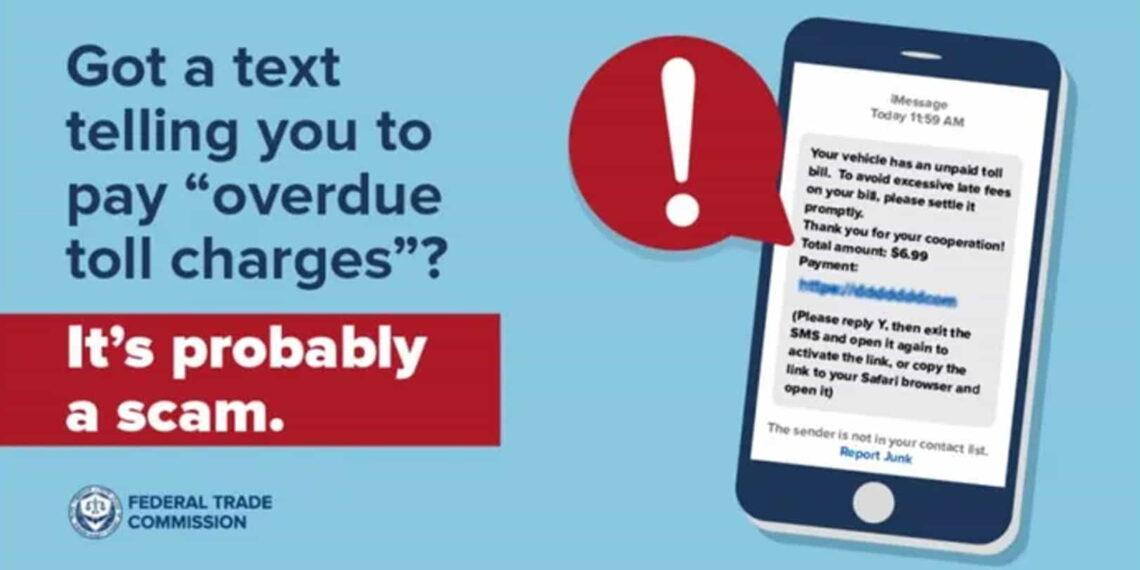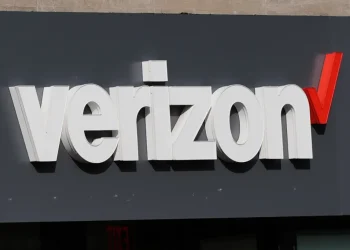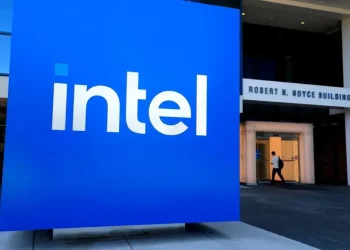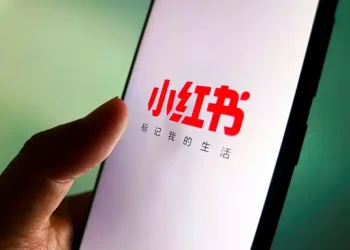FBI Issues Urgent Warning to iPhone & Android Users: Delete Suspicious Texts Immediately
Beware: A Nationwide Smishing Scam is Spreading Fast
A dangerous text scam is sweeping across the U.S., and the FBI is urging smartphone users to stay alert. This fraudulent scheme, which tricks victims into thinking they owe money for unpaid road tolls, is rapidly moving from state to state. If you receive such a text, delete it immediately—leaving it on your phone increases your risk of falling victim.
Here’s what you need to know to protect yourself.
How the Scam Works
According to the Federal Trade Commission (FTC), scammers are impersonating toll agencies across the country, sending fake text messages demanding payment for supposed unpaid tolls. The messages contain a link to a fraudulent website designed to steal:
- Money — Victims who submit payments lose their funds to scammers.
- Personal Information — Clicking the link may expose sensitive data, such as your driver’s license number and other details that can be used for identity theft.
The FBI has received thousands of reports since March 2024, all describing nearly identical text messages. These messages:
Claim you owe money for unpaid tolls.
Contain a link impersonating an official state toll service.
Use phone numbers that change from state to state.
This scam is not limited to one region. In just the past month, reports have emerged from Massachusetts, California, North and South Carolina, Illinois, Colorado, Florida, Texas, and more.
A Growing Threat: FBI and Local Authorities Sound the Alarm
Local agencies across the U.S. are issuing warnings. One of the latest comes from Great Falls, which posted an alert on X (formerly Twitter) stating:
“This is a SCAM and is not coming from the City of Great Falls. Please do not click the link in the message.”
Similarly, the Oklahoma Turnpike Authority (OTA) recently cautioned residents about a new wave of scam texts, echoing the FBI’s advice:
Ignore the message and delete it immediately.
These scams are happening daily, with reports growing across different states. The simplicity of the attack makes it highly effective, targeting a broad audience and exploiting people’s fear of penalties or legal trouble.
Who’s Behind These Attacks?
Cybersecurity experts believe organized cybercrime groups, including Chinese hacking syndicates, are fueling this scam. These criminals:
Use sophisticated phishing kits to create realistic-looking fake websites that only function on mobile devices.
Have previously impersonated shipping companies, tax agencies, and immigration services to target vulnerable individuals.
Aim to steal payment card details and use them for fraudulent purchases or launder money through shell companies.
Renowned security investigator Brian Krebs highlights that SMS phishing attacks skyrocketed after New Year’s 2024, coinciding with the release of new phishing kits that mimic toll road operators’ websites.
How to Protect Yourself
Never click on links in unsolicited text messages. If you receive a toll-related text, verify it by visiting the official website directly or calling customer service.
Delete the text immediately. Keeping it on your phone increases the risk of clicking it accidentally.
Watch for red flags. Messages that contain incorrect names, odd URLs, or demand urgent action are often fraudulent.
Report the scam. If you receive one of these messages, report it to the FBI’s Internet Crime Complaint Center (IC3), including details of the phone number and website link.
What to Do If You’ve Been Scammed
If you’ve already clicked the link or provided payment details:
Secure your financial accounts — Contact your bank or credit card provider immediately.
Monitor your credit report — Be alert for any unauthorized activity or new accounts opened in your name.
Dispute any fraudulent transactions — Report the fraud to your bank or credit card company.
A Broader Epidemic of Text Scams
These toll scams are just one piece of a larger puzzle. Cybercriminals are using similar tactics to carry out banking scams, fraudulent tech support calls, and fake law enforcement threats.
For example, a woman in Florida was recently tricked by a scammer who convinced her that her phone had been hacked. She was instructed to withdraw thousands of dollars and deposit it into a “secure” cryptocurrency account—a classic scam tactic.
This problem extends beyond the U.S. In Europe, an energy company warned 1 million customers to delete fraudulent SMS messages impersonating their service.
Final Warning: Stay Vigilant
Never take unsolicited calls from banks or tech support.
Don’t install software or transfer money at someone’s request.
Ignore “official” messages from unknown numbers demanding payment.
Never click on unexpected toll payment links.
Following these simple rules will help you avoid becoming a victim of these increasingly common scams. Stay informed, stay cautious, and most importantly—DELETE suspicious texts immediately!
This article was rewritten by JournosNews.com based on verified reporting from trusted sources. The content has been independently reviewed, fact-checked, and edited for accuracy, neutrality, tone, and global readability in accordance with Google News and AdSense standards.
All opinions, quotes, or statements from contributors, experts, or sourced organizations do not necessarily reflect the views of JournosNews.com. JournosNews.com maintains full editorial independence from any external funders, sponsors, or organizations.
Stay informed with JournosNews.com — your trusted source for verified global reporting and in-depth analysis. Follow us on Google News, BlueSky, and X for real-time updates.














